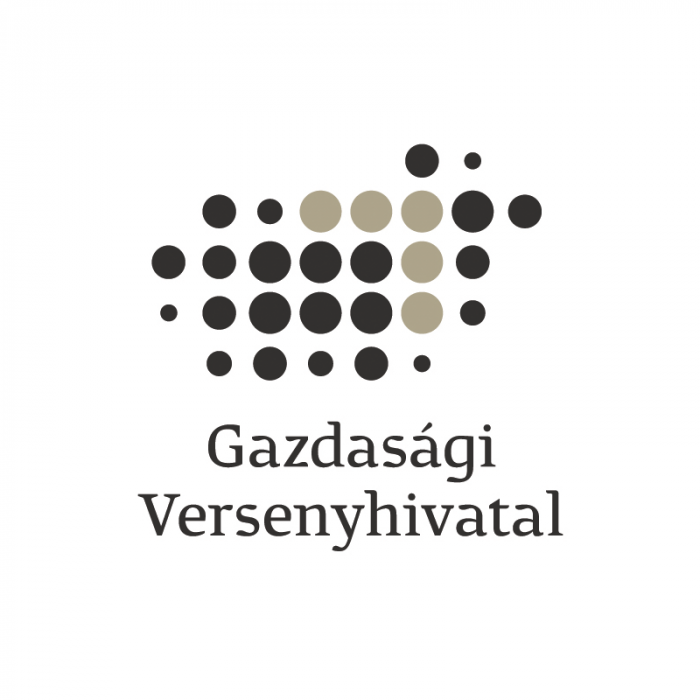Hungarians’ Internet Access Among the Least Restricted

New Africa/Shutterstock.com
How free is access to the world wide web in Hungary? A recent report looks at a number of sources to compile a global internet censorship ranking, based on state-applied restrictions.
Photo by New Africa/Shutterstock.com
It would have been better for all if COVID-19 had never appeared, but if it had to, it is probably good that it did so now. Home office and digital classrooms are a viable, if sometimes lonesome, alternative to more communal settings because of widely available technology and the ubiquity of the internet.
But just how easy is it to access the web? Or, to phrase the question slightly differently, how unfettered is that access? And how does access in Hungary compare to the rest of the region and, indeed, globally.
“Hungary enjoys uncensored access to the internet with very few restrictions. People in Hungary can engage in politics, watch porn, participate in social media, and use VPNs without worrying about any legal consequences,” says, Paul Bischoff, editor of Comparitech.
The U.K.-based company describes itself as customer-centric website “providing information, tools, and comparisons to help consumers in the U.S., U.K. and further afield to research and compare tech services.”
To that end, it set out to measure internet censorship in 2020 in 181 countries, producing what it calls a “global map of internet restrictions.”
To create that, the company’s researchers looked at a number of sources, including the Reporters Without Borders “World Press Freedom Index 2019”, the Information Technology and Innovation Foundation report “The Normalization of Website Blocking Around the World in the Fight Against Piracy Online”, and the Freedom House “Freedom on the Net 2018” report, “The Rise of Digital Authoritarianism.”
High Scores not Wanted
Each country was scored on five criteria, each worth two points. One point was earned if torrents (a format used for quickly downloading files with a lot of data, such as music or films), pornography, news media, social media or VPNs (a virtual private network that allows users to securely browse and access personal data through public networks) are restricted but accessible, and two points if they are banned entirely. The higher the score, the more censorship.
In Hungary’s case, for example, Bischoff says, “Although the distribution and resale of copyrighted materials is officially illegal, torrenters in Hungary rarely, if ever, face consequences for digital piracy. Most EU countries enjoy similar freedoms, but some are stricter about enforcing piracy laws, such as Germany.”
There were no huge shocks about the five worst countries for Internet censorship: North Korea (which had the dubious honor of being the only country to score the maximum 10 points), followed by China (9/10), and then Russia, Turkmenistan and Iran (8/10).
Hungary did, perhaps, surprisingly well, placed among a swathe of 39 countries jointly ranked in first place with a score of one. While many regional and European Union peers were alongside the country, not all were. Austria, Albania, Bulgaria, Poland and Romania were among 45 countries ranked joint second with a score of 2/10, as were Belgium, Denmark, Finland, Germany, the Netherlands, Norway, Portugal and Sweden, along with Japan and the United States.
For the most part, that was because torrent sites were not just restricted, but were banned outright. In the case of Japan, the second point was down to pornography restrictions; however, in the case of Albania, Bulgaria, Romania and the United States, the second point was awarded because political media was deemed to be restricted.
According to the Comparitech report, “the United States continues to fall down the World Press Freedom Index rankings due to an increasingly hostile environment. This trend only looks set to continue as President Trump repeatedly states the press is an ‘enemy of the American people’.”
The full report is available on Comparitech’s website, comparitech.com.
Hungary in Top 10 With Fastest Internet Speeds
In related but unconnected news, Hungary was ranked one of the 10 fastest countries in the world in terms of internet network speed in 2019, according to an analysis by Datareportal.com. Domestic bandwidth, which was in any case already very good in Hungary in global comparisons, must now also be able to withstand record-levels of data traffic in the current epidemiological situation. The average domestic bandwidth reached 128.07 Mbps last year, an almost 20% increase compared to 2018. Just in front of Hungary, the United States ranks ninth, with a bandwidth of 130.79 Mbps.
SUPPORT THE BUDAPEST BUSINESS JOURNAL
Producing journalism that is worthy of the name is a costly business. For 27 years, the publishers, editors and reporters of the Budapest Business Journal have striven to bring you business news that works, information that you can trust, that is factual, accurate and presented without fear or favor.
Newspaper organizations across the globe have struggled to find a business model that allows them to continue to excel, without compromising their ability to perform. Most recently, some have experimented with the idea of involving their most important stakeholders, their readers.
We would like to offer that same opportunity to our readers. We would like to invite you to help us deliver the quality business journalism you require. Hit our Support the BBJ button and you can choose the how much and how often you send us your contributions.




.jpg)



